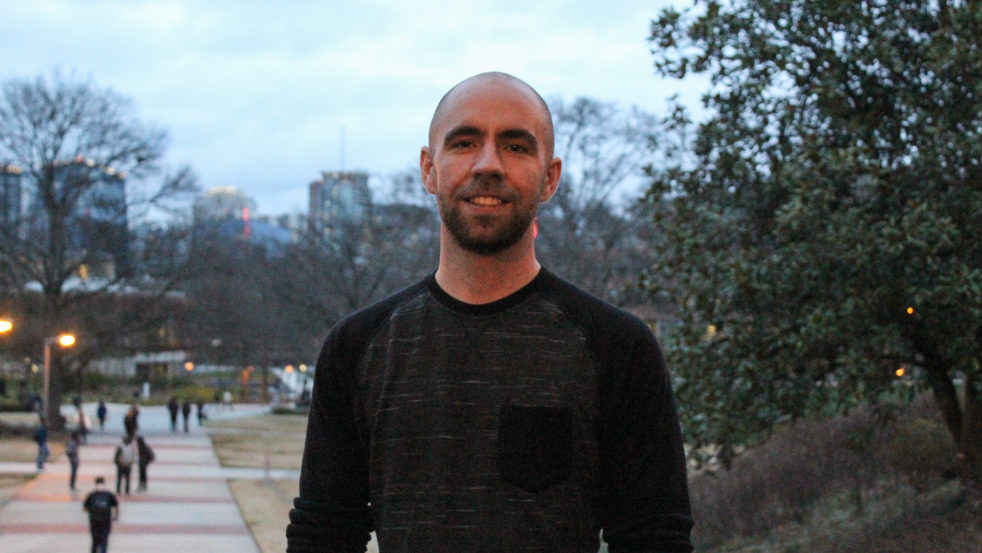“College is the best four years of your life.” So goes the popular adage about the university experience in the United States. But for many, the saying belies the stresses, difficulties and crises that postsecondary education brings. The sentiment is steeped primarily in expectations of formative experiences and excessive partying practices that have been societally normalized by the media. When I would go home for breaks during my freshman year, extended family members would quip, “Don’t have too much fun there while you’re at school!”
Where the jokes and comments might seem harmless, the societally shared notion about the “best four years of your life” is both an unrealistic and even harmful. Implicitly, it suggests: if you are not having the blast, then you are doing something wrong. This rationale can lend itself towards a fear of missing out, which in turn drives self-doubt and unhealthy decision-making. To be clear, college years certainly have the makings to be an awful lot of fun. Students have increased autonomy and free time, they are surrounded by thousands of like-minded peers and there exists an overabundance of social opportunities. Given all of this, young adults receive the chance to carve out their own identity and niche of friends while in school.
Yet the myth often proves more fiction than fact for many. College campuses across the country have been experiencing an ongoing mental health crisis for the last ten years. Costs of tuition are steadily rising, increasing financial stresses. Students are under immense pressure to not only choose a major but to also develop a career path and pedigree. Throw in intensely difficult curriculums that all peak at the same time, and the result is an existential crisis or panic attack waiting to happen.
Then there is the social side. Students feel pressure to overextend themselves in multiple organizations, party with friends and find romantic partners. Juggling personal lives, academics and careers can simply be too much to handle sometimes. So if you are struggling, anxious, unhappy or depressed in your post-secondary experience, you are not alone. And the truth is that college does not have to be the best four years of your life. Maybe accepting that will free us of some of those pressures and allow us to make choices to become happier and healthier.
For one, I cannot speak to the experiences of any others, but each stage of my life from kindergarten to high school was characterized by fun and enjoyment. I played sports, had friends and learned an awful lot in school.
During my undergrad, I spent countless nights panicking about my life’s trajectory. Between my social life, academics and career, I was consistently doubting every decision I made. Yet everything managed to turn out more than okay. I graduated with honors and found a great job that allowed me to grow and explore a potential career path. In fact, my life significantly improved after I graduated. My physical and mental health improved dramatically, my bank account stabilized and I strengthened many of my existing friendships. When the time came, I studied for the GRE and was accepted to graduate school. I matured enough to learn that the bar scene maybe was not for me after all, choosing to double-down on the activities that I actually do enjoy. And not for one minute did I feel like I was having less fun.
When I think back on my undergrad in retrospect, I wish I would have done things differently. I could have maintained better health habits and been more diligent. More than that, though, I wish I would have given up this myth about the college experience. I wasted an awful lot of time doing things I hated for fear of missing out when I could have stopped worrying and enjoyed my friends instead. College does not have to be the best four years of your life. If we start to accept that, maybe we can make the choices and decisions that will allow us to actually enjoy it.
